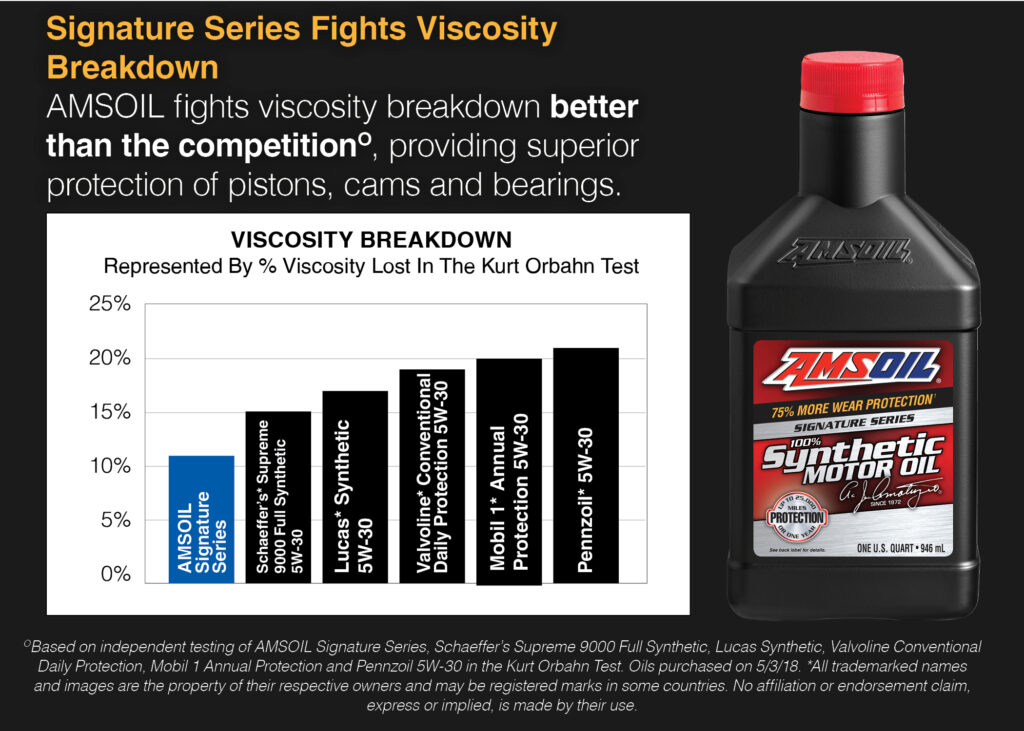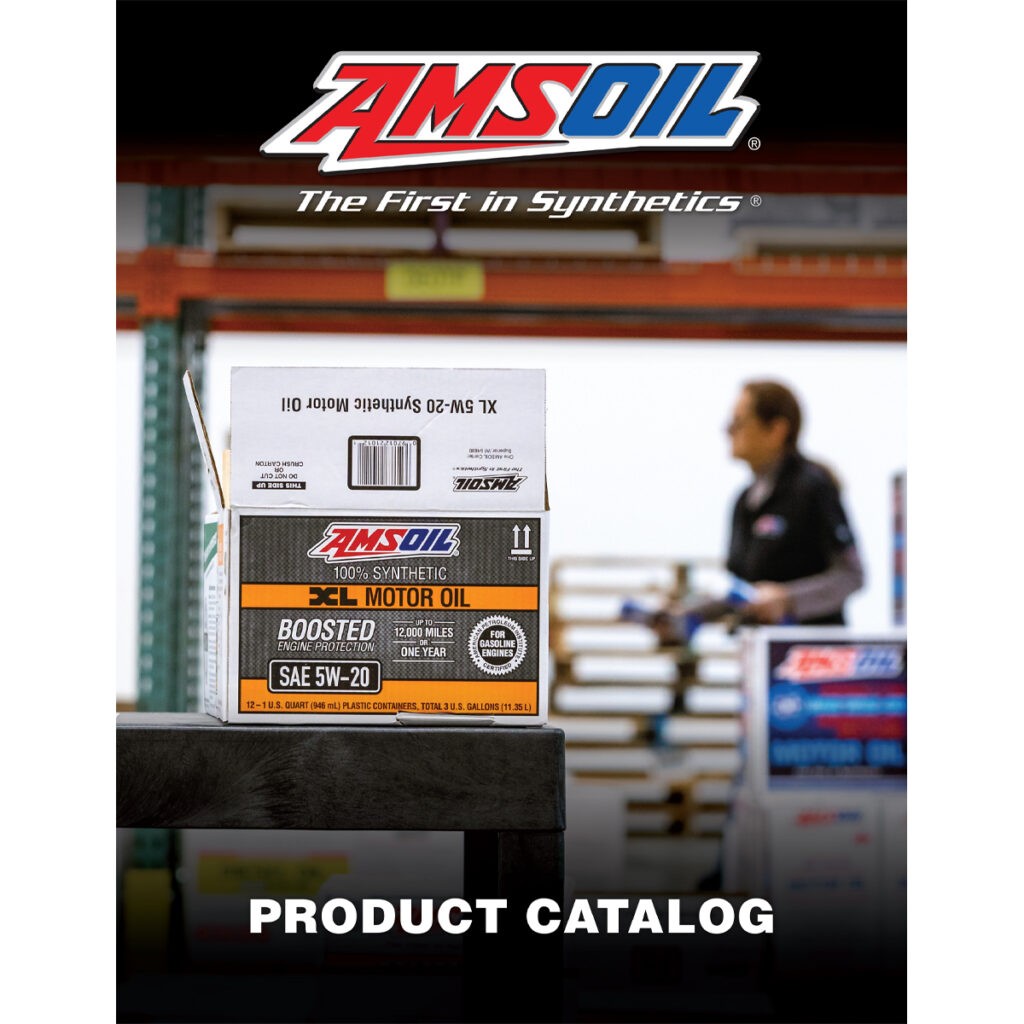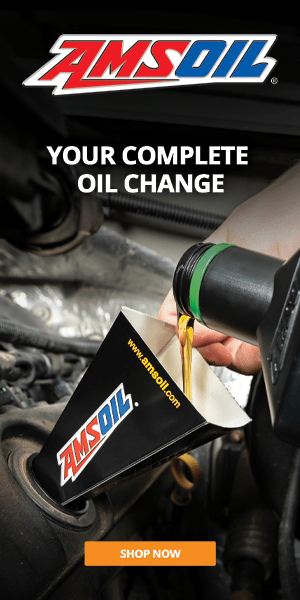Synthetic Engine Oil vs. Conventional Oil: Making the Right Choice
Synthetic engine oil vs. conventional oil? When it comes to maintaining your vehicle’s engine, one of the most important decisions you’ll make is choosing the right oil. With so many options available, it’s easy to get overwhelmed. Should you go for synthetic or stick with conventional oil? In this article, we’ll shed light on the differences between the two, helping you make an informed choice.
Synthetic engine oil has gained popularity in recent years, thanks to its superior performance and added benefits. Made from a blend of specially formulated chemicals, synthetic oil provides better lubrication and improved engine protection compared to conventional oil. Its higher resistance to heat and oxidation means it can withstand extreme temperatures and reduce engine wear. On the other hand, conventional oil, derived from crude oil, is less refined and doesn’t offer the same level of protection.
We’ll delve into the pros and cons of synthetic and conventional oil, helping you understand the factors that influence your choice. Whether you’re looking for better engine performance, improved fuel efficiency, or extended oil change intervals, this article will provide the insights and information you need to make the right decision for your vehicle.
Understanding synthetic engine oil
Synthetic engine oil has gained popularity in recent years, thanks to its superior performance and added benefits. Made from a blend of specially formulated chemicals, synthetic oil provides better lubrication and improved engine protection compared to conventional oil. Its higher resistance to heat and oxidation means it can withstand extreme temperatures and reduce engine wear.
One of the major advantages of synthetic oil is its ability to flow freely at low temperatures, ensuring faster startup and reduced engine wear during cold weather. This is especially beneficial for those living in colder climates. Additionally, synthetic oil has a higher viscosity index, meaning it maintains its thickness better under varying temperatures. This allows the oil to provide consistent lubrication, reducing friction and wear on engine parts.
Another key benefit of synthetic oil is its resistance to breakdown. Unlike conventional oil, which can break down and form sludge over time, synthetic oil remains stable and clean. This means fewer deposits in the engine, leading to improved fuel efficiency and longer engine life.
However, it’s important to note that synthetic oil tends to be more expensive than conventional oil. While the initial cost may be higher, the long-term benefits often outweigh the price difference.
Understanding conventional engine oil
On the other hand, conventional oil, derived from crude oil, is less refined and doesn’t offer the same level of protection as synthetic oil. It is made up of a combination of base oils and additives, with the additives providing some degree of protection against wear and deposits.
Conventional oil is generally more affordable than synthetic oil, making it a popular choice for
budget-conscious vehicle owners. However, it has limitations in terms of performance and durability.
Conventional oil tends to break down more quickly under high temperatures, leading to reduced lubrication and increased engine wear. This means more frequent oil changes are necessary to maintain optimal engine performance.
Despite its drawbacks, conventional oil still serves as a viable option for older vehicles or those not subjected to extreme operating conditions. If you have a vehicle with low mileage and don’t push it to its limits, conventional oil can still provide sufficient protection for your engine.
Pros and cons of synthetic engine oil
Pros:
- Superior lubrication and engine protection
- Better resistance to heat and oxidation
- Improved fuel efficiency
- Extended oil change intervals
- Reduced engine wear and tear
Cons: - Higher upfront cost
- Limited availability in certain areas
- Not necessary for all vehicles
- Potential compatibility issues with older seals and gaskets
- Misconceptions about synthetic oil’s impact on oil leaks
Conventional engine oil offers affordability and widespread availability, making it a popular choice for many vehicle owners. It is a suitable option for older vehicles or those with low mileage, where the added benefits of synthetic oil may not be necessary. Additionally, conventional oil is less likely to have compatibility issues with older seals and gaskets.
However, conventional oil falls short in terms of engine protection and durability. It breaks down more quickly under high temperatures, leading to reduced lubrication and increased engine wear. This means more frequent oil changes are necessary to maintain optimal engine performance. Conventional oil is also more susceptible to sludge formation, which can negatively impact engine performance and longevity. Furthermore, conventional oil generally has lower fuel efficiency compared to synthetic oil.
Synthetic vs. conventional engine oil: key differences
The key differences between synthetic and conventional engine oil can be summarized as follows:
- Composition: Synthetic oil is made from a blend of specially formulated chemicals, while conventional oil is derived from crude oil.
- Performance: Synthetic oil offers superior lubrication, better resistance to heat and oxidation, extended oil change intervals, and improved fuel efficiency. Conventional oil, on the other hand, has limitations in terms of
engine protection, durability, and fuel efficiency. - Cost: Synthetic oil is generally more expensive than conventional oil due to the higher refinement process and added benefits it provides.
- Compatibility: Synthetic oil may have compatibility issues with older seals and gaskets, while conventional oil is less likely to cause problems in this regard.
- Availability: While synthetic oil is widely available, there may be limited availability in certain areas, making conventional oil a more accessible option.
Considering these differences is crucial when making the right choice for your vehicle’s engine.
Factors to consider when choosing engine oil
When deciding between synthetic and conventional engine oil, several factors should be taken into
consideration:
- Vehicle Age and Condition: The age and condition of your vehicle play a significant role in determining the type of oil that best suits your engine’s needs. Older vehicles or those with low mileage may not require the added benefits of synthetic oil.
- Driving Habits: Consider your driving habits and conditions. If you frequently drive in extreme
temperatures, tow heavy loads, or engage in high-performance driving, synthetic oil may provide better protection and performance. - Manufacturer Recommendations: Check your vehicle’s owner manual for the manufacturer’s recommended oil type and viscosity. Following these guidelines ensures optimal engine performance and longevity.
- Budget: Consider your budget when choosing engine oil. While synthetic oil offers superior performance, it comes at a higher cost. If budget constraints are a concern, conventional oil may be a more suitable option.
- Environmental Factors: If you live in an area with extreme temperature fluctuations or high humidity,
synthetic oil’s ability to withstand heat and resist oxidation can be beneficial. - Warranty Requirements: If your vehicle is still under warranty, using the recommended oil type is essential to maintain warranty coverage. Some manufacturers may require the use of synthetic oil for specific models.
By carefully evaluating these factors, you can make an informed decision that aligns with your vehicle’s needs and your budget.
Making the right choice: factors to consider
To make the right choice between synthetic and conventional engine oil, consider the following factors:
- Performance: If you prioritize superior engine protection, improved fuel efficiency, extended oil change intervals, and reduced engine wear, synthetic oil is the better option.
- Budget: If you’re on a tight budget or have a low-mileage vehicle, conventional oil provides adequate protection at a lower cost.
- Driving Conditions: If you frequently drive in extreme temperatures, engage in high-performance driving, or tow heavy loads, synthetic oil’s ability to withstand heat and provide better lubrication is advantageous.
- Vehicle Age and Condition: Older vehicles or those with low mileage may not require the added benefits of synthetic oil, making conventional oil a suitable choice.
- Manufacturer Recommendations: Following the manufacturer’s guidelines ensures compatibility and optimal engine performance. Check your vehicle’s owner manual for the recommended oil type and viscosity.
- Environmental Factors: If you live in an area with extreme temperature fluctuations or high humidity,
synthetic oil’s resistance to heat and oxidation can be beneficial.
By considering these factors collectively, you can make an informed decision that provides the best balance between performance, budget, and engine longevity.
Synthetic engine oil myths debunked
Despite the numerous benefits and widespread use of synthetic engine oil, several myths and misconceptions
persist. Let’s debunk some of the common myths surrounding synthetic oil:
- Myth: Synthetic oil causes oil leaks.
Reality: Synthetic oil does not cause oil leaks. In fact, it can help prevent leaks by maintaining optimal engine seals and gaskets. If you experience an oil leak after switching to synthetic oil, it is likely due to an existing issue that was masked by conventional oil’s higher viscosity. - Myth: Synthetic oil causes engine damage.
Reality: Synthetic oil provides superior engine protection and lubrication. When used according to the manufacturer’s recommendations, synthetic oil does not cause engine damage. On the contrary, it helps reduce wear and extend engine life. - Myth: Synthetic oil requires a special oil filter.
Reality: Synthetic oil does not require a special oil filter. However, using a high-quality oil filter is always recommended, regardless of the type of oil used. The filter’s main function is to remove contaminants from the oil, ensuring optimal engine performance. - Myth: Synthetic oil is only for high-performance vehicles.
Reality: While synthetic oil does offer benefits for high-performance vehicles, it is suitable for all types of vehicles. Whether you have a sports car or a daily commuter, synthetic oil can provide enhanced engine protection and improved fuel efficiency. - Myth: Synthetic oil is too thin for older engines.
Reality: Synthetic oil comes in various viscosities, just like conventional oil. There are synthetic oils available specifically designed for older engines or those with higher mileage. These oils provide the necessary protection while catering to the unique needs of older engines.
By debunking these myths, it becomes clear that synthetic oil is a safe and beneficial choice for most vehicles, regardless of age or driving conditions.
Conclusion: choosing the best engine oil for your needs
When it comes to choosing between synthetic engine oil vs. conventional oil, it’s important to consider factors such as vehicle age, driving habits, budget, and manufacturer recommendations. Synthetic oil offers superior performance, better engine protection, improved fuel efficiency, and extended oil change intervals. However, it comes at a higher cost compared to conventional oil.
Conventional oil, while less refined and offering fewer benefits, still provides adequate protection for older vehicles or those with low mileage. It is more affordable and widely available, making it a popular choice for budget-conscious individuals.
Ultimately, the choice between synthetic engine oil vs. conventional oil depends on your specific vehicle’s needs and your personal preferences. By evaluating the pros and cons, understanding the key differences, and considering the relevant factors, you can make an informed decision that ensures optimal engine performance and longevity.
Remember, regular oil changes and proper maintenance are essential regardless of the type of oil you choose. Consult your vehicle’s owner manual and follow the manufacturer’s recommendations to keep your engine running smoothly for years to come.





